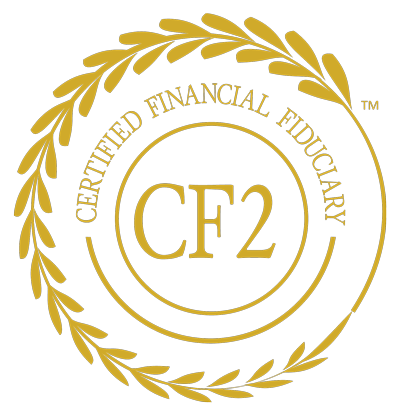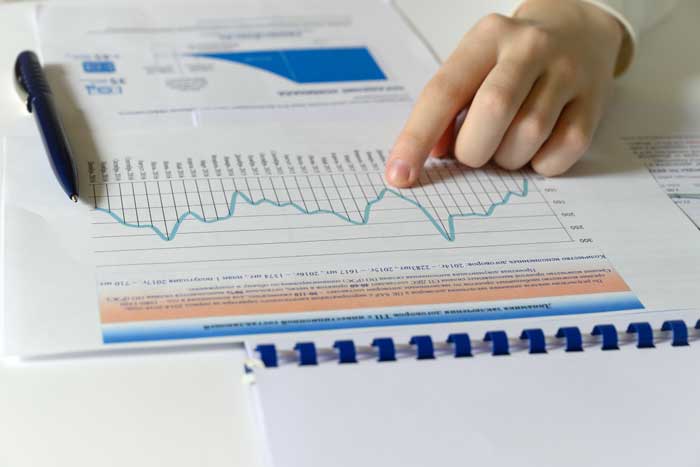

CF2® is a professional designation for financial professionals, namely, those who have successfully completed a rigorous certification and training process established by NACFF and AFEA (The American Financial Education Alliance), and who agree to uphold the highest moral, ethical, and fiduciary standards of service when providing advice to potential or existing clients.
Choosing an Advisor to manage your wealth is one of the most important decisions that you can make. It is a decision that will affect many decades of your life; as well as decades for your heirs, beneficiaries and charities. Therefore, it is crucial to work with a firm you can trust – one that is dedicated to understanding and addressing your specific individual goals and needs.
Before you make a decision of which firm to use, watch this video, and learn what the differences are between Fiduciaries and Brokers. A Fiduciary is someone who has a legal obligation to act on anothers best interest. A Broker is someone who facilitates a financial transaction between two parties, often receiving a one time commission for their services.
Below are a few key indicators that tend to shape markets and influence policy decisions.
- Consumer Price Index (CPI): Tracks the average price change paid by urban consumers for everyday goods and services. It’s one of the primary ways we measure inflation. Changes can affect your purchasing power over time.
- Producer Price Index (PPI): Measures price changes from sellers’ perspective rather than consumers’ view. This can be a leading indicator of inflation, as higher production costs may eventually be passed along to buyers.
- Consumer Confidence Index (CCI): Published monthly by The Conference Board, this index gauges how optimistic people feel about the economy and their financial situations. High confidence tends to drive more spending, which fuels growth.
- Consumer Sentiment Index: Similar to the CCI but compiled by the University of Michigan, this index also reflects consumer attitudes about finances, business conditions, and spending plans.
- 10-Year Treasury Yield: Often used as a benchmark for interest rates, this figure reflects investors’ confidence in the economy. Rising yields signal expectations for inflation or economic expansion; falling yields suggest uncertainty or slower growth ahead.
Probably enough brain power expended for one sitting. As always if this post leads to more questions, you can always reach out to me at: t.romero@iamswm.com or by phone at 409-722-6739.

